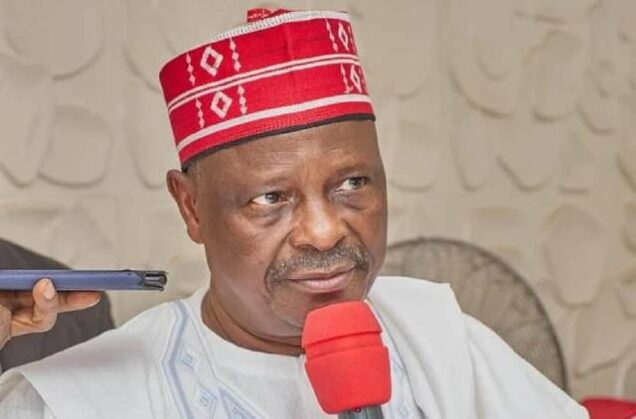Rabiu Musa Kwankwaso, the former governor of Kano State, has accused the Lagos political establishment of making concerted efforts to “colonize” the northern part of Nigeria.
Speaking to a gathering of supporters and political allies in Kano, Kwankwaso expressed concern over what he described as growing interference from the southwestern economic hub in the region’s political affairs.
“Today, we can see very clearly that there is a lot of effort from the Lagos axis to colonize this part (the North) of the country,” Kwankwaso said, referring to what he perceives as undue influence from Lagos in the selection of leadership in northern states.
The former governor specifically pointed to the issue of emirship, stating that “Lagos will not allow us to choose our emir,” a remark that has sparked controversy and debate across the political spectrum.
Kwankwaso, a prominent political figure in the north, has long been an outspoken critic of what he sees as the dominance of southern political elites in national matters.
The statement comes amid ongoing tensions between northern and southern political figures over power-sharing, regional autonomy, and the balance of influence within Nigeria’s federal system.
Lagos, as the nation’s commercial capital, has historically played a key role in the political and economic spheres of the country.
However, Kwankwaso’s comments reflect rising resentment in some northern circles towards what they perceive as growing southern interference in their affairs.
Kwankwaso’s remarks are likely to reignite the regional and ethnic divisions that have occasionally flared up in Nigerian politics.
His comments have already generated a mixed response, with some northern politicians supporting his stance, while others, particularly from the southern parts of the country, view his comments as divisive.
Political analysts suggest that Kwankwaso’s comments are part of a broader strategy to galvanise northern political unity ahead of future elections.
The former governor, who is a key figure in the opposition New Nigeria People’s Party (NNPP) has previously called for greater empowerment of northern states and local leadership, and his latest comments seem to echo that sentiment.
As the debate over regional influence continues to unfold, many are watching closely to see how the federal government and other political leaders respond to these growing tensions between Nigeria’s north and south.



